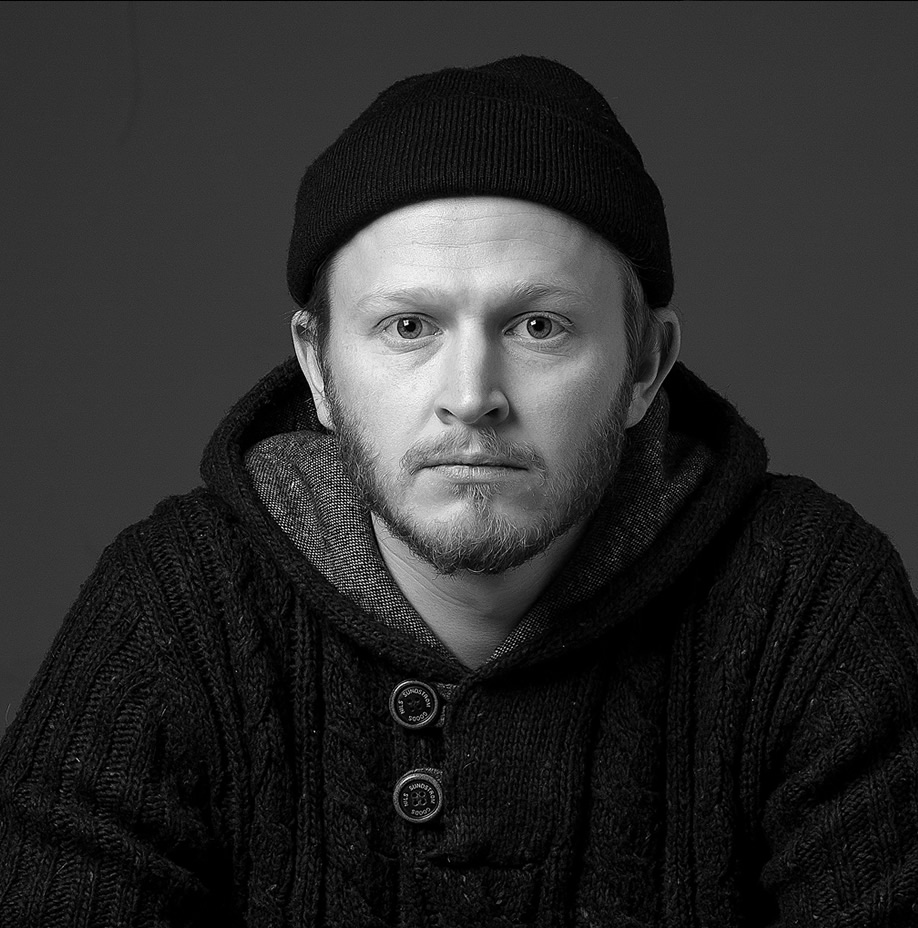Jessica Travieso
I'm a digital designer coding interactive experiences for more than 15 years. In 2001, I founded Tierra Virtual Studio with two partners, laying the foundations for many other projects.
I’ve worked with every kind of technology related to the web industry, digital design and animation. I majored in 3D Animation and Motion Graphics, but my career has been focused on creative coding.
I’ve had to deal with countless editors, IDE's, game engines, programming languages, frameworks, etc. which has lead me to where I am now, curating resources for the online community.
Questions for Jessica Travieso:
-
Have you got an academic background or are you self taught?
I studied Fine Arts at university and, with my coursemates, began a little theater company. I had the opportunity to try different disciplines such as scenography, lighting design, video editing, etc., but my main task was playwriting and direction. I also wrote a lot of short stories and scripts for short-films and animated short-films in 3D.
The turning point in my life was 3D animation. I spent whole nights rendering and paying attention to every frame. During that period I learnt the most valuable concepts that I applied later as creative developer such as rigging characters, motion controllers, particle systems, physics, etc. The most important thing I learnt was how to control all of them programmatically. The fact is I started to code through 3D Max scripting. After that I played many different roles in my professional career as a web designer and developer.
-
What are you cultural influences?
I am a strong believer in The Institute of Pataphysics Sciences, Marvin Harris and Richard Dawkins; it sounds a little bit incongruous, but I don't care that's my nature.
I've never paid attention to day-to-day life; I was a very imaginative child, obsessed with the idea of infinite. I used to build structures out of soil over ant-hills, curiously, they were pretty similar to the ziggurats of the city of Ur. Of course, I had no idea about mesopotamian architecture, maybe I’d seen them on TV.
My mind was profoundly affected by Rabelais, Borges, Lautreamont, Günter Grass, Lovecraft and their stories about infinite, future, magical realism, Gods and monsters. I've never been interested in human drama.
I also follow contemporary influencers of the digital arts and web industry like Jugo Nakamura, John Maeda, Joshua Davis, Mr Doob, Jeremyville and Luke Wroblewski.(yes, they're pretty different from one another
-
What do you do in your free time?
I enjoy drawing, learning arduino, playing with my children and teaching them electronics and programming in javascript, but they usually end up running away from me!
-
Where do you see the industry in 5 years?
In the short term, the scales may be tipping towards back-end technologies. Why do we have to leaving the decision to the users and their limitations instead of relying on server architecture and services? My money is on back-end as a service and WebRTC in every micro interaction. I pray for a rationalization of all frameworks, toolkits and libraries for the front-end environment. There is too much complexity.
As I have a futuristic vocation, my predictions go much further. The current scenario of responsive design is kind of a joke when compared with the variety of devices we'll have in 5 or 10 years’ time. The focus will be moved towards information architecture and its standardization. We'll start to create chunks of content and serve it through APIs and services connected to any system, machine, toaster, whatever(!)... each with a customizable interface.
A big evolution will take place when we are able to improve the accuracy of geolocation technologies. This fact, added to the revolution of microcontrollers and sensors, will result in a new wave of applications where real life will be completely integrated into the cloud. Another essential point concerns logistics- the Achilles' heel of every online business.
In closing, our society’s consumerist behaviour will turn into a new paradigm where consumer products are replaced by digital services. This will allow us to better handle natural resources and labour organization.
-
If you could give one piece of advice to newbie designers, what would it be?
Self teaching with a good base of formal education will help to avoid endless problems. Work. Just work everyday. Start your own projects, even if you’re brand new to the industry.




